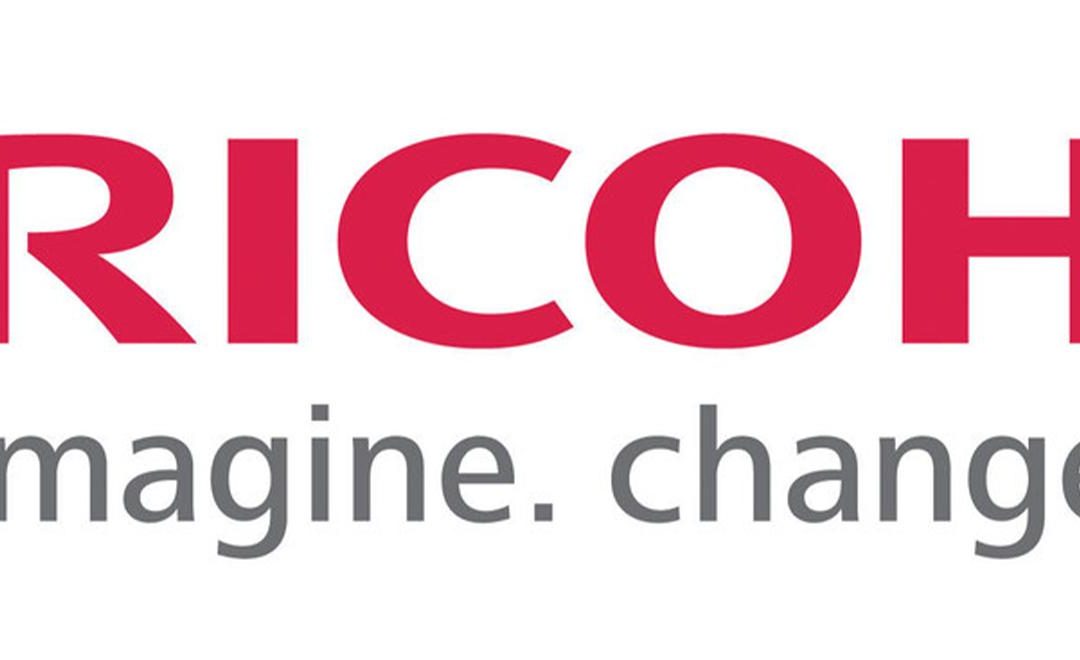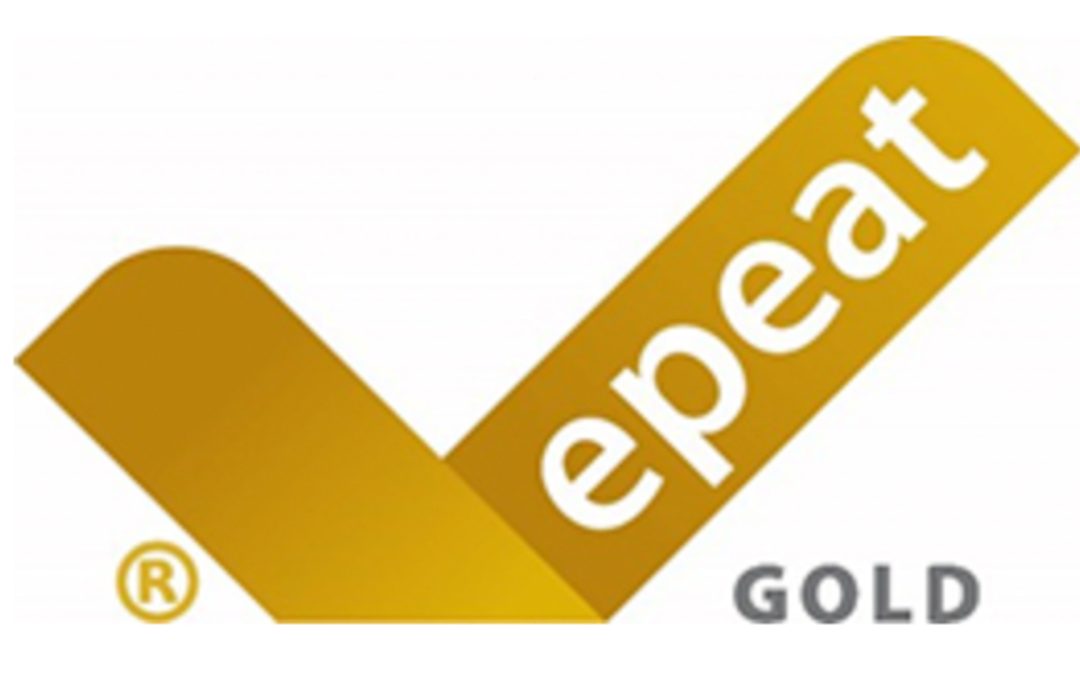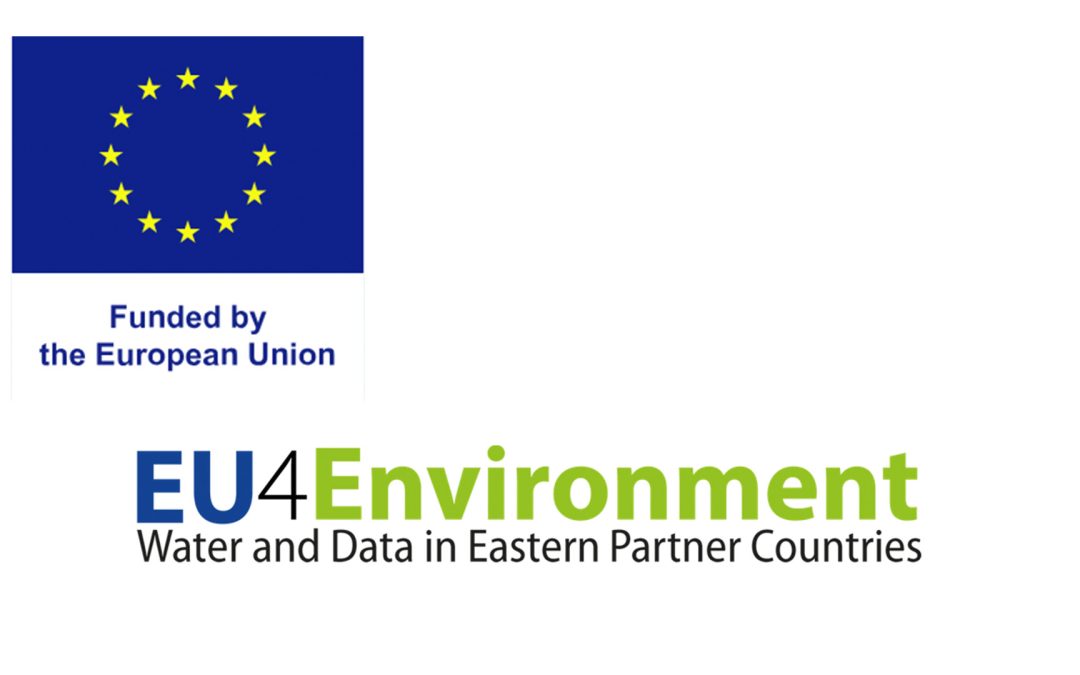Ricoh Company, Ltd. announced that it has further expanded the use of electricity derived from renewable energy sources at production sites. This is part of its participation in RE100 and a commitment to achieving the goal of using 100 percent renewable electricity across its business operations.
On 7 November 2019, Ricoh Thermal Media (Wuxi) Co., Ltd. (RTM) a production site in China, introduced a solar power generator operated under a PPA model. It has started to use electricity via a power generation company that is generated by the 2.8MW solar power generator installed on its rooftop.
Twenty percent of RTM’s annual electricity consumption will now be from renewable electricity.
Moreover, from 1 October 2019, Ricoh UK Products Ltd., a production site in the UK, shifted the source of all the electricity used at its company’s facilities to renewable electricity.
The initiatives undertaken at these two sites increased the use of renewable electricity by approximately 13.8GWh annually and is expected to reduce CO2 emissions by approximately 5,000 tons.
As the first Japanese company to join RE100 in April 2017, Ricoh has undertaken numerous energy-saving and related initiatives. It has also installed in-house facilities to generate renewable electricity and has switched to electricity sources with higher proportions of renewable energy, accelerating its efforts across various sites.
The initiatives undertaken by the production sites, all company facilities for A3 MFP assembly facilities in China, Thailand and Japan, have all switched to renewable electricity this year. Moreover, ten sales companies in Europe have switched to 100 percent renewable electricity. As for Japanese domestic initiatives, the Gifu branch of Ricoh Japan, achieved the third-party Nearly Net Zero Energy Building (ZEB) qualification through its comprehensive energy saving efforts and generation and utilisation of renewable electricity. They introduced a solar power generator and an electricity storage device.
Ricoh plans to subsequently implement ZEB at other new-build branches and sales sites across Japan in the future.
As well as further increasing its use of renewable electricity for business, initiatives to expand the use of renewable electricity at production sites allows Ricoh, together with our stakeholders, provide products with less environmental impact that accelerate the achievement of a zero-carbon society.
























